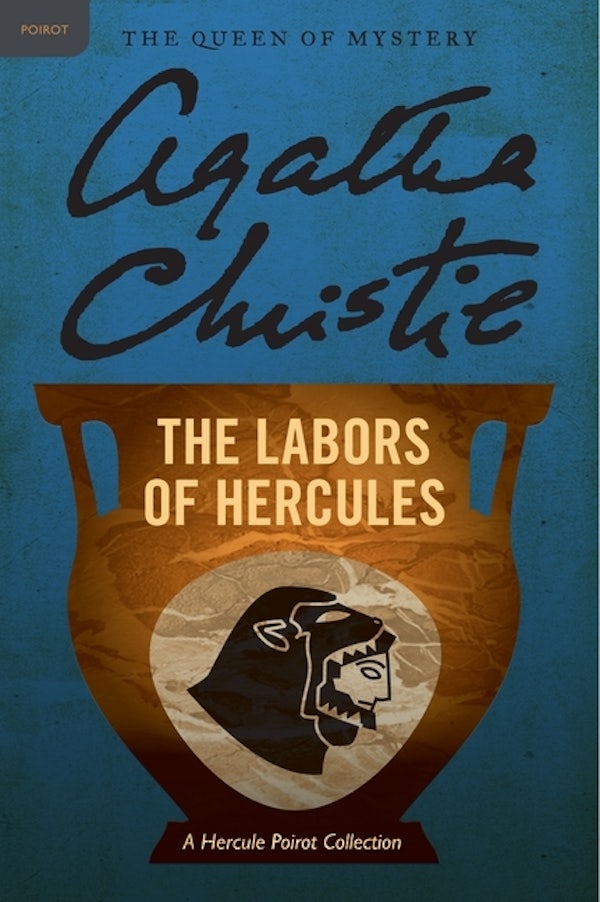661-670 of 1166 search results
Stories: The Lernean Hydra
One of Poirot's twelve labours - the Lernean Hydra appears in the form of ill-intentioned gossip, aimed at a physician accused of poisoning his wife. From The Labours of Hercules.

Stories: The Arcadian Deer
One of Poirot's labours - a young mechanic seeks his fleeting Arcadian Deer, a missing maid with whom he has fallen in love. From The Labours of Hercules.

Stories: The Erymanthian Boar
One of Poirot's labours - as Hercules chased a wild boar through a snowdrift, so must Poirot chase a renowned gangster in the Swiss mountains. From The Labours of Hercules.

Stories: The Augean Stables
One of Poirot's labours - when the Home Secretary uses the phrase "The Augean Stables", Poirot decides to assist the current Prime Minister in keeping his good name clear. From The Labours of Hercules.

Stories: The Stymphalean Birds
One of Poirot's labours - two women, with a remarkable resemblance to birds of prey, are causing unease among their fellow holidaymakers. From The Labours of Hercules.

Stories: The Cretan Bull
One of Poirot's labours - a young man, engaged to be married, breaks off the engagement on the insistence that he is going mad. From The Labours of Hercules.

Stories: The Horses of Diomedes
One of Poirot's labours - a young doctor is keen to protect four sisters from themselves, as they spiral further into cocaine addiction. From The Labours of Hercules.

Stories: The Girdle of Hyppolita
One of Poirot's labours - two cases; a missing painting and a missing girl. Poirot is only interested in one, but soon finds he must tackle them both. From The Labours of Hercules.

Stories: The Flock of Geryon
One of Poirot's labours - a former criminal approaches Poirot in an attempt to redeem herself. Can he solve the mystery of a new cult? From The Labours of Hercules.

Stories: The Apples of Hesperides
One of Poirot's labours - a beautiful chalice is stolen from an auction house, and the buyer wants it found. From The Labours of Hercules.



 UK
UK 